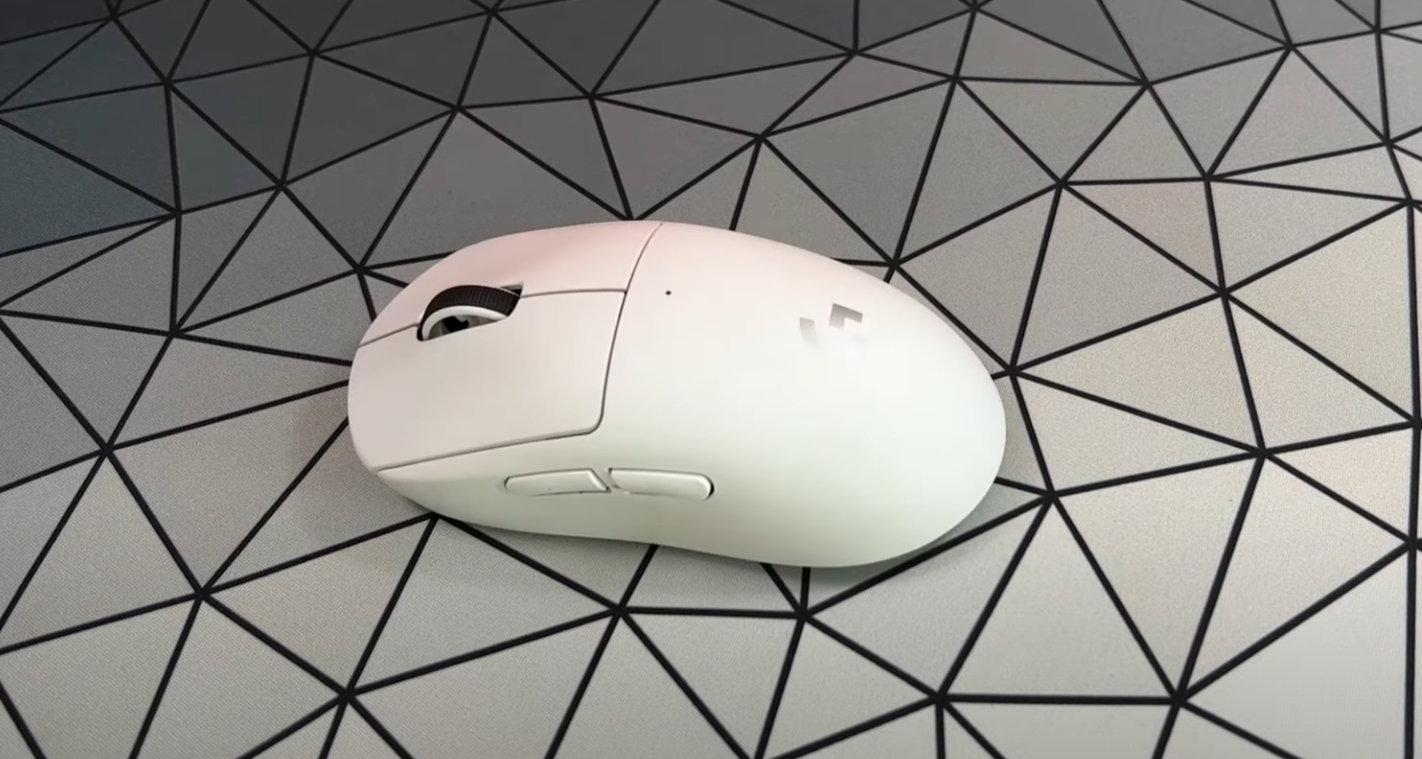Player behavior can vary significantly across different skill levels in Overwatch 2. A recent discussion among players has shed light on the differences in toxicity between lower and higher-ranked lobbies, particularly in team-based games.

One player, who holds a Masters rank in support and a Platinum rank in DPS, shared their observations on the stark contrast in player attitudes between these two skill tiers. They noted that in Platinum lobbies, players were more likely to blame others for failures, whereas in Masters, there was a greater tendency for self-reflection and accountability.
Platinum
In Platinum-ranked games, the player observed a higher frequency of toxic behavior. Players in this tier were quick to point fingers at teammates when things went wrong, often refusing to acknowledge their own potential mistakes. This behavior was particularly noticeable during placement matches for DPS roles, where the toxicity levels seemed to peak.
Master
Conversely, in Masters-ranked games, the overall atmosphere appeared more mature. While occasional instances of inflated egos among DPS players were noted, there was a general understanding that individual errors contribute to team losses. This shift in mindset suggests that as players climb the ranks, they develop a more nuanced understanding of the game and their role within it.
Need Help?
Having troubles climbing? Check out these cheap boosting options. Get the rank you want in no time!
Expert Opinions
Several experienced players weighed in on this phenomenon, offering their insights:
- Self-criticism as a key to success: One player pointed out that reaching Masters or higher ranks often requires a high degree of self-criticism. This self-awareness helps players identify and correct their own mistakes, leading to less blame-shifting.
- The burnout factor: Another player highlighted that high-ranked players who spend excessive time in the game can become susceptible to burnout and tilt. This can sometimes lead to toxic behavior similar to what's observed in lower ranks.
- The Platinum paradox: A third player suggested that Platinum ranks might be particularly prone to toxicity due to a combination of above-average skill and inflated self-perception. Players in this tier may believe they know better than their teammates, leading to more confrontational interactions.
- The role of experience: Some players noted that toxicity can occur at any rank, but the nature of it changes. Lower ranks might see more overt blame, while higher ranks might experience more subtle forms of toxicity.

While toxicity exists at all levels of play, there seems to be a general trend towards more constructive behavior as players climb the ranks. This could be attributed to a combination of factors, including improved game understanding, self-awareness, and the realization that teamwork and positive attitudes are crucial for continued success.




